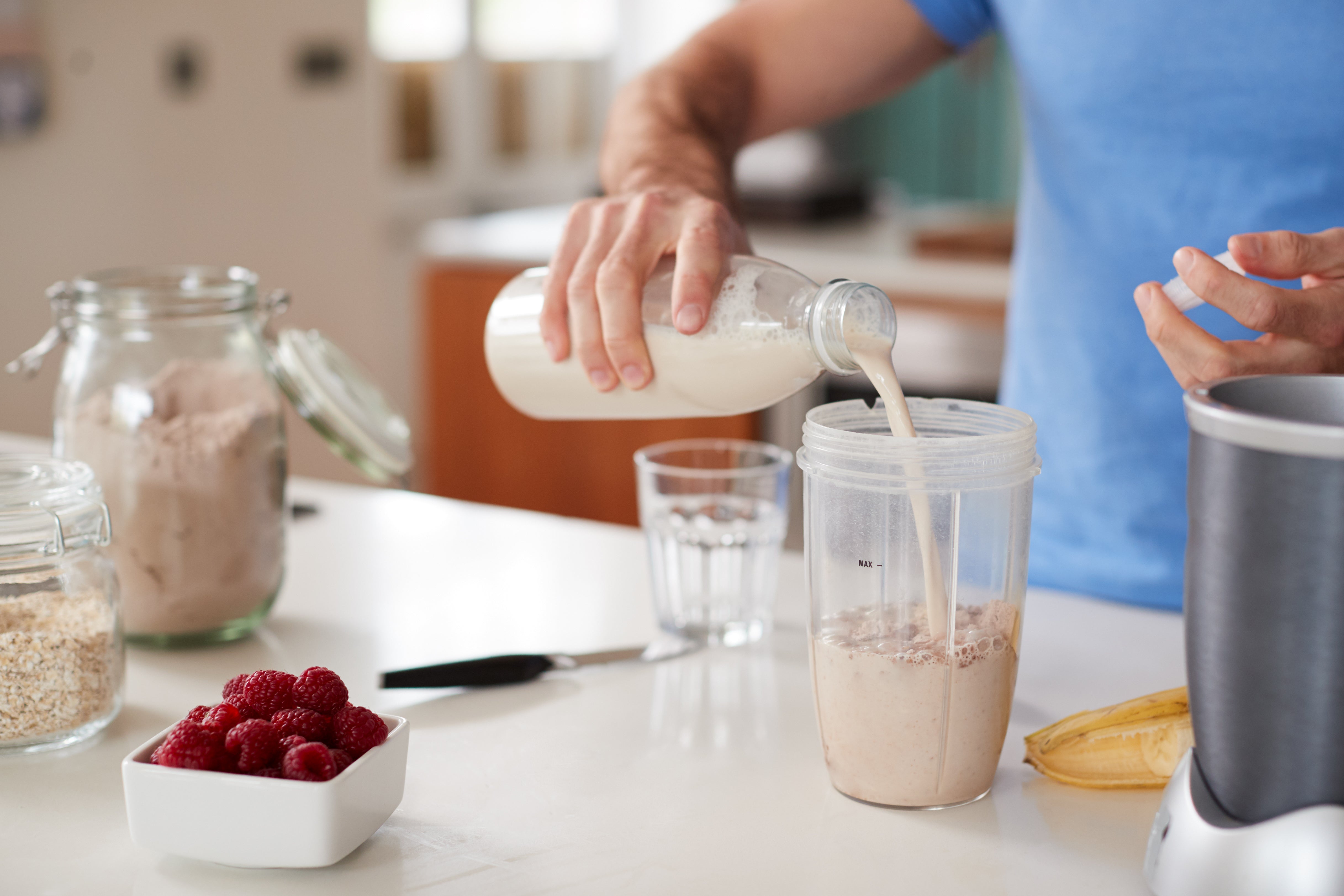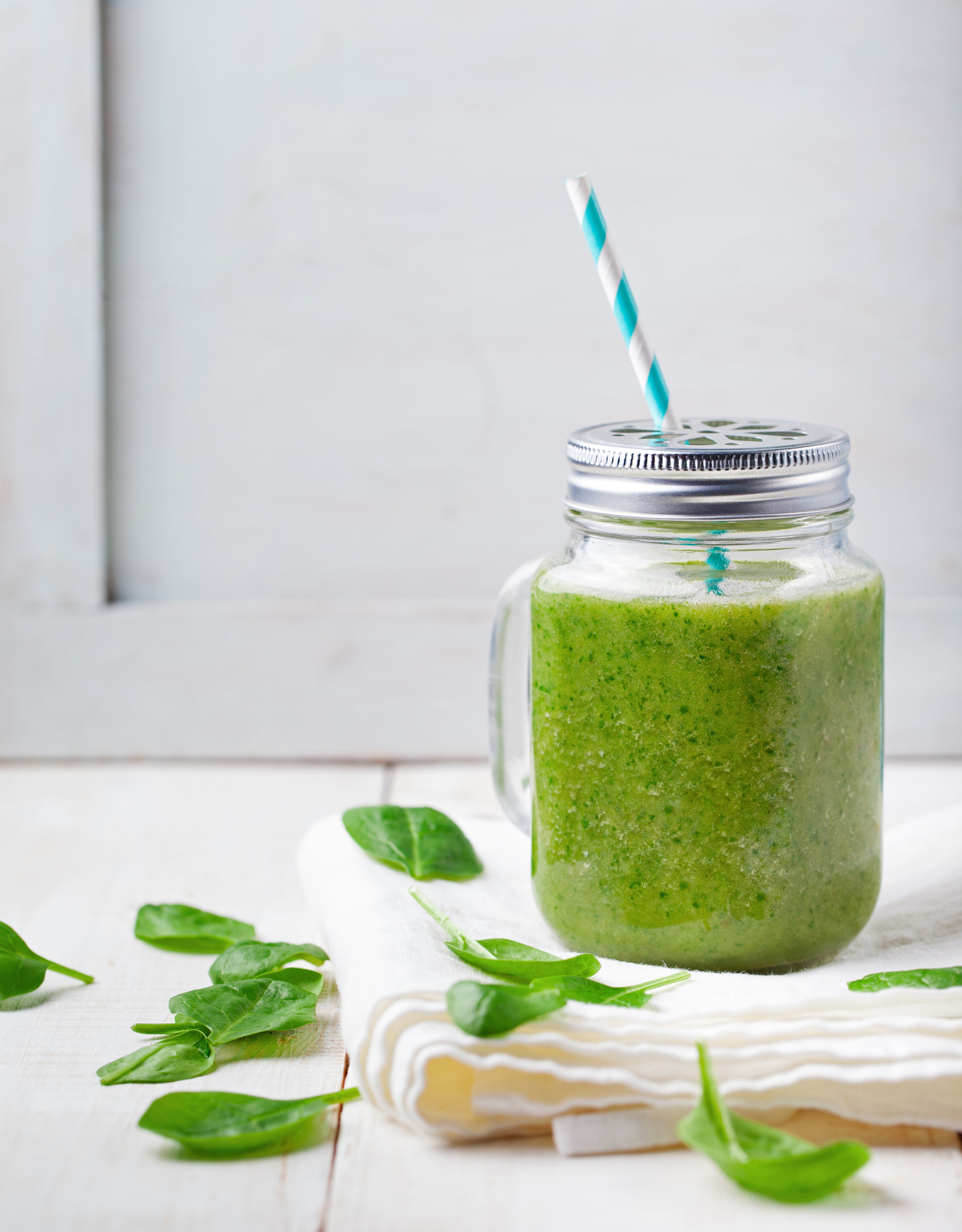
How Much Protein Powder Does Your Body Need?
Protein powder is a popular dietary supplement for both weight loss and muscle gain. It’s a quick and easy way to get that essential protein into your body to help fuel it in a healthy way. And while naturally consuming protein in your daily food intake is the ideal, all-natural protein powder can provide an excellent supplement to your regular diet to help you hit your macro goals. But how much protein powder should you be consuming? Is it possible to consume too much of this form of protein? Keep reading to find out.
How Much Protein Do You Need?
Before you start adding protein powder to your diet, it’s important to understand just how much protein your body really needs. Of course, this is going to vary from one person to another based on their weight and health goals. For a normal, healthy adult, you should aim to consume about 0.4 grams of protein per pound. For someone weighing 150 pounds, this would mean consuming roughly 60 grams of protein in a day.
If you’re undergoing intense training, lifting weight frequently, or looking to build muscle mass, you may want to increase your protein intake, particularly in the first 2 hours after a workout. Higher protein intake during these peak times can help with muscle repair and growth.
Can You Consume Too Much?
Now comes the question of just how much is too much. The truth is, excess protein in your diet probably isn’t going to do your body much harm—but beyond a certain amount, it’s not going to help either. Consuming more protein than your body can actually process and use just leads to consuming extra calories, which can actually hinder muscle growth.
So, the real question here is, “How much protein can your body use effectively?” Again, you’ll want to look to that base calculation we gave earlier to determine your overall intake for the day, but, in terms of how much protein to consume at once, your body typically doesn’t need more than 20 to 40 grams of it. This amount (which is typical of a single serving of protein powder supplement) is sufficient to optimize muscle growth without adding unnecessary calories to your diet.
Focus on Food First
As we already mentioned, protein powder is meant to be a supplement for those who need more than the standard daily intake of protein—it is not intended to replace all other potential sources of protein in your diet. If you’re looking to increase your protein intake, focus first on the foods you eat. A can of tuna or piece of chicken offers about the same amount of protein as a serving of protein powder. Look into adding these kinds of lean proteins to your diet first, then supplement with protein powder as needed.
Getting the Proper Nutrients
One drawback of protein powders is that they lack many of the nutrients that you would receive by consuming the same amount of protein in healthy foods like fish, chicken, soy, and peas. However, if you are choosing to supplement with protein powder, you can continue to get as many nutrients as possible by choosing a protein powder with natural, nutrient-rich protein sources.
If you want to buy natural protein powder online to add more protein to your diet, check out BioPharma Scientific, LLC. Our natural protein powder is rich in nutrients and can help you pack on the protein without sacrificing the vitamins your body needs.




Leave a comment
This site is protected by hCaptcha and the hCaptcha Privacy Policy and Terms of Service apply.